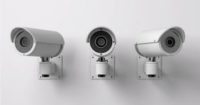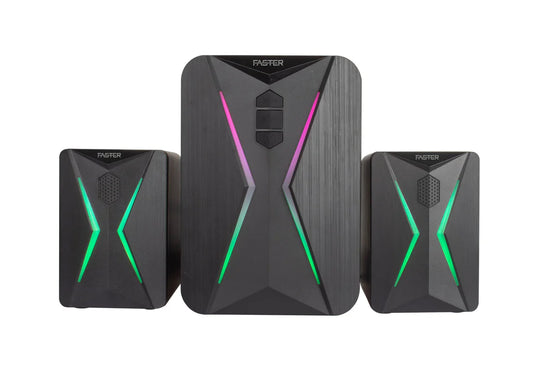
How Do IP Cameras Work?
Internet Protocol Cameras or IP cameras are used everywhere due to universal compatibility and other benefits. They are a good source for digital recording video like an ordinary webcam. It also receives and transmits data over a local area network. The most important benefit is that they don’t need NVR or DVR to work these cameras; they are standalone camera units that work on IP addresses. Another advantage is that you don’t need to follow the complex methods to set up. You can connect them with the network just like other standard network devices such as tablets, printers, laptops, and more. Many people are confused and curious to know the working of IP cameras. This short guide is all about the working of IP cameras. Let’s get deeper into the details.
Working of an IP Camera
The working of IP cameras is pretty simple. They work just like a digital camera and transmit compressed files over the network. There are more than one types of connection that IP cameras offer. For example, you can use a LAN cable, broadband modem, or wireless connection (Wi-Fi) connection to connect the cameras with the router. In short, the IP cameras should have a working internet connection. After that, you can check the video live anywhere in the world over a specific IP address. Due to all these benefits, they are the most commonly used type of camera across the world.Additional Benefits of IP Cameras
Besides ordinary cameras, IP cameras offer important advantages for all kinds of applications. For example:● Two-way Audio
If your selected camera has an integrated audio system, you can speak and listen to the subject in front of the speaker on the camera. Simply, it can work like a doorbell camera that offers the same function.● Better Resolution
They are available in different resolutions, but more than an ordinary camera. According to an estimate, IP cameras offer 4x more resolution than other cameras; that’s a plus.● Remote Access
It is the most important advantage due to which people like IP cameras. You can view the live footage which interacts with the camera or DVR. Moreover, you don’t need to install a DVR if you just want to check the live video. Moreover, you can check the live footage using a tablet, smartphone, laptop, or computer.Network Options For IP Cameras
Instead of several benefits, IP cameras offer more than a single type of network connectivity option. You can choose any of the options while setting up an IP camera for your home, office, or anywhere you want.● Wireless Network
As the name suggests, it can receive and transmit data over a Wi-Fi or wireless modem. An IP camera is just similar to your phones, TVs, computers, consoles, and more in terms of connectivity. It’s a great option as you don’t need to mess with the wires.● Wired Network
In this method, you use an Ethernet or LAN cable to make the cameras online. Besides wireless, wired networks are more secure and do not affect via any signal interface. It’s almost impossible to get authorized access with this method.● Cellular Network
It is the most convenient and affordable solution for IP cameras but it’s a bit slower option. In this method, the camera consists of a cellular transmitter out of the box. However, the setup, installation, and connectivity are super easy.Conclusion
In conclusion, IP cameras are affordable, require low initial investment, and are easy to set up. The working of IP cameras is pretty easy and depends on the type of network connectivity you have chosen. We have shared all the details with you. We hope you will find it helpful in understanding the working of IP cameras.
Tags:
Previous
How Do Noise-canceling Headphones Work?
Next
How To Use Bluetooth Earphones with a Desktop or Computer?







